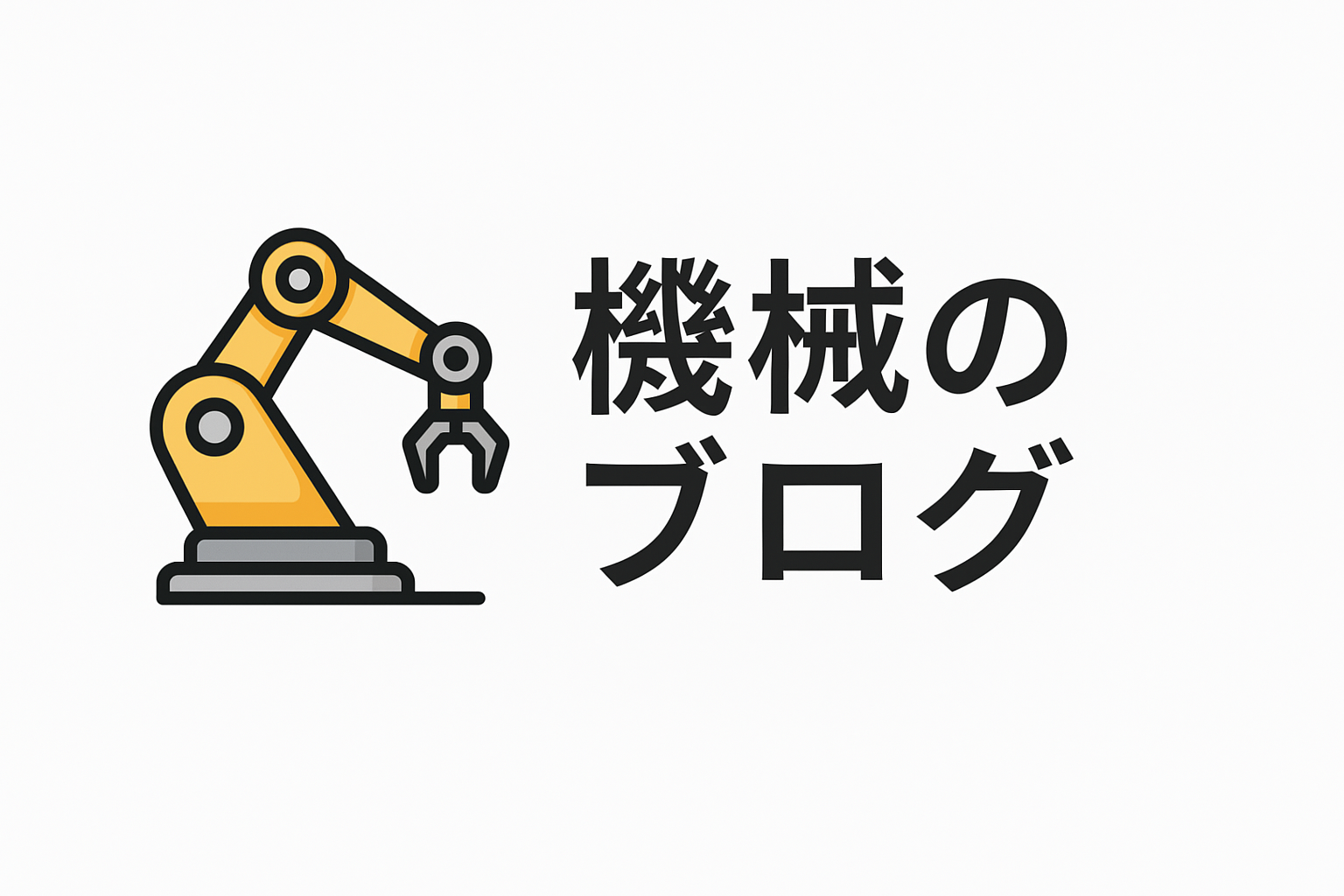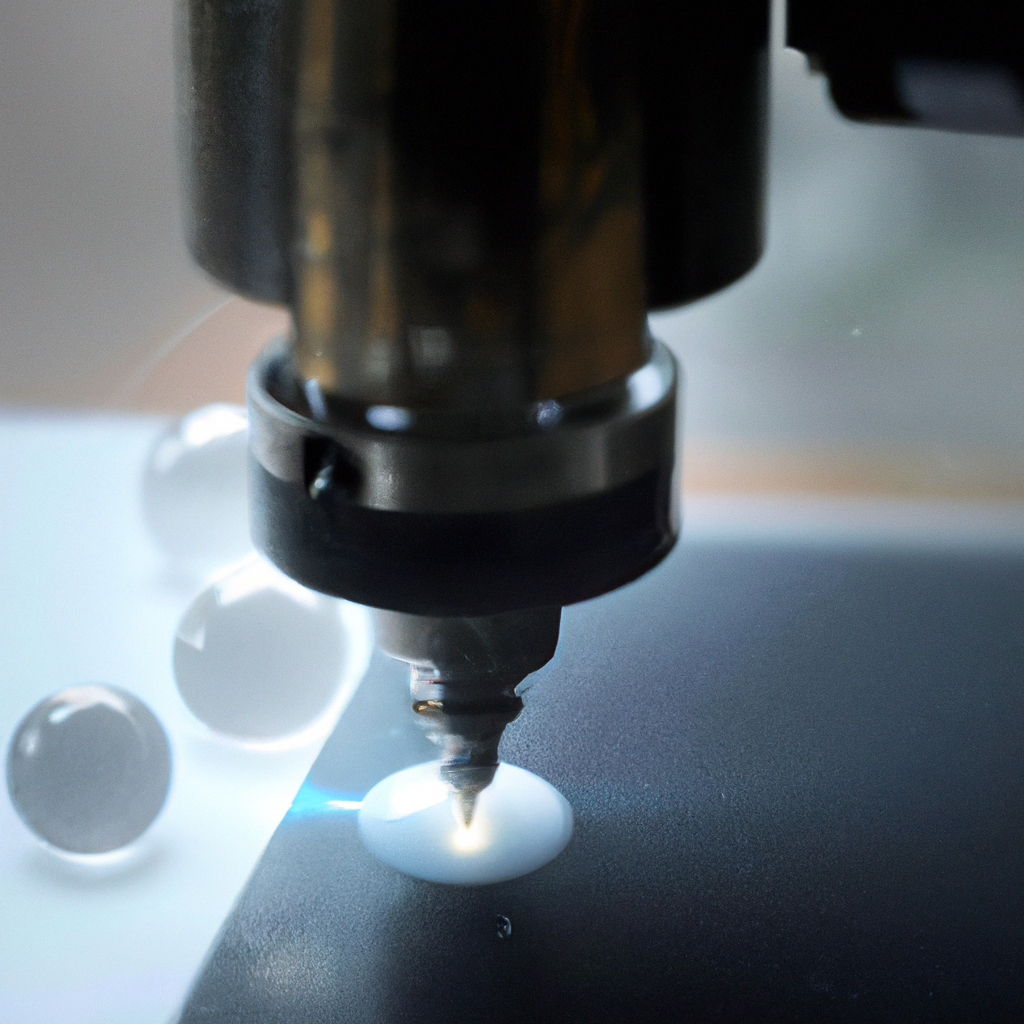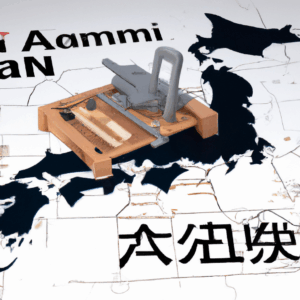AI-Driven CNC Technology Seminar
The rapid advancement of artificial intelligence (AI) is revolutionizing industries worldwide, and the manufacturing sector is no exception. One of the most significant innovations influenced by AI is Computer Numerical Control (CNC) technology. This seminar aims to explore the integration of AI into CNC systems, highlighting its impacts, benefits, challenges, and future trends in manufacturing. Join us as we delve into the transformative power of AI-driven CNC technology.
Section 1: Understanding CNC Technology
CNC technology has been at the forefront of manufacturing automation, allowing for precise and efficient control of machinery through computerized systems. By translating digital designs into physical products, CNC machines have drastically improved production accuracy and productivity. The traditional CNC systems rely on pre-programmed software to control the movement of tools and machinery, reducing the need for manual intervention and minimizing errors.
However, as manufacturing demands become more complex, there is a growing need for systems that can adapt and optimize processes in real-time. This is where AI comes into play, offering the potential to enhance CNC technology’s capabilities by introducing smart, adaptive, and predictive elements.
Section 2: The Role of AI in Enhancing CNC Technology
AI integration into CNC technology marks a new era of manufacturing efficiency and customization. AI algorithms can process vast amounts of data to optimize machine operations, predict maintenance needs, and reduce downtime. By learning from historical data, AI systems can adapt to new conditions, improving both the speed and quality of production.
One key advantage of AI-driven CNC systems is their ability to perform real-time monitoring and adjustments. This capability ensures that production processes remain optimal, even in the face of unexpected changes in material properties or environmental conditions. Furthermore, AI can assist in quality control by identifying defects and deviations from specifications, allowing for immediate corrective actions.
Section 3: Benefits of AI-Driven CNC Technology
The integration of AI into CNC technology offers numerous benefits that can significantly enhance manufacturing operations. These include:
- Increased Efficiency: AI algorithms optimize the use of resources, reducing waste and maximizing output. This results in lower production costs and higher profitability.
- Enhanced Precision: AI’s ability to analyze and adjust processes in real-time ensures that products meet precise specifications, minimizing defects and rework.
- Predictive Maintenance: AI systems can predict when machinery is likely to fail, allowing for timely maintenance and reducing unplanned downtime.
- Customization and Flexibility: AI-driven CNC machines can easily switch between different production tasks, enabling more flexible manufacturing capabilities and customized production runs.
Overall, the adoption of AI in CNC technology leads to smarter, more responsive manufacturing processes that align with the demands of modern industry.
Section 4: Challenges in Implementing AI in CNC Systems
Despite the clear advantages, integrating AI into CNC technology is not without its challenges. Manufacturing professionals must navigate several obstacles to fully realize the potential of AI-driven systems:
- Data Management: AI systems require large volumes of high-quality data to function effectively. Ensuring data accuracy and consistency is crucial for reliable AI performance.
- Technical Expertise: Implementing AI in manufacturing requires specialized knowledge and skills. Companies may need to invest in training or hire experts to manage and maintain AI systems.
- Cost: The initial investment in AI technology and infrastructure can be significant, posing a barrier for some manufacturers.
- Integration with Existing Systems: Seamlessly integrating AI into existing CNC systems can be complex, requiring careful planning and execution.
Addressing these challenges requires a strategic approach and collaboration between technology providers, manufacturers, and industry experts.
Section 5: Future Trends in AI-Driven CNC Technology
The future of AI-driven CNC technology is promising, with several trends expected to shape the industry in the coming years:
- Advancements in AI Algorithms: Ongoing research and development will lead to more sophisticated AI algorithms, enhancing the capabilities of CNC systems.
- Increased Adoption of IoT: The integration of the Internet of Things (IoT) with AI-driven CNC machines will enable more connected and intelligent manufacturing environments.
- Focus on Sustainability: AI-driven CNC systems will play a crucial role in sustainable manufacturing practices by optimizing resource use and minimizing environmental impact.
- Collaborative Robotics: The combination of AI and robotics will lead to more collaborative and flexible manufacturing processes, where humans and machines work together seamlessly.
As these trends continue to evolve, AI-driven CNC technology will become an integral part of the manufacturing landscape, driving innovation and competitiveness.
Conclusion
The AI-Driven CNC Technology Seminar highlights the transformative potential of AI in revolutionizing CNC systems and, by extension, the manufacturing industry. While challenges remain, the benefits of AI integration offer compelling reasons for manufacturers to embrace this technology. By leveraging AI’s capabilities, manufacturers can achieve greater efficiency, precision, and adaptability, positioning themselves for success in an increasingly competitive market. As we look to the future, AI-driven CNC technology will undoubtedly play a pivotal role in shaping the evolution of manufacturing.


